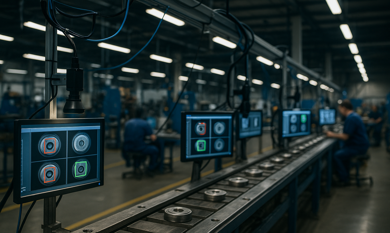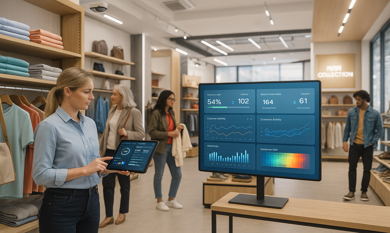Manufacturing efficiency relies heavily on how well inventory is managed. Keeping an accurate record of raw materials, parts, and finished products is essential in manufacturing. Yet, many manufacturers still struggle with stockouts, overstocking, and manual tracking errors that cost time and money. This is where the Internet of Things (IoT) proves to be a game-changer—offering smart, connected systems that streamline inventory control and bring precision to supply chains.
The Challenges of Inventory in Manufacturing
Inventory mismanagement in factories and warehouses can create a ripple effect across the supply chain. Common challenges include:
- Outdated or delayed inventory data, making it difficult to make informed decisions.
- Outdated tracking systems frequently cause inventory inaccuracies.
- Slow retrieval of items due to poor visibility of stock location.
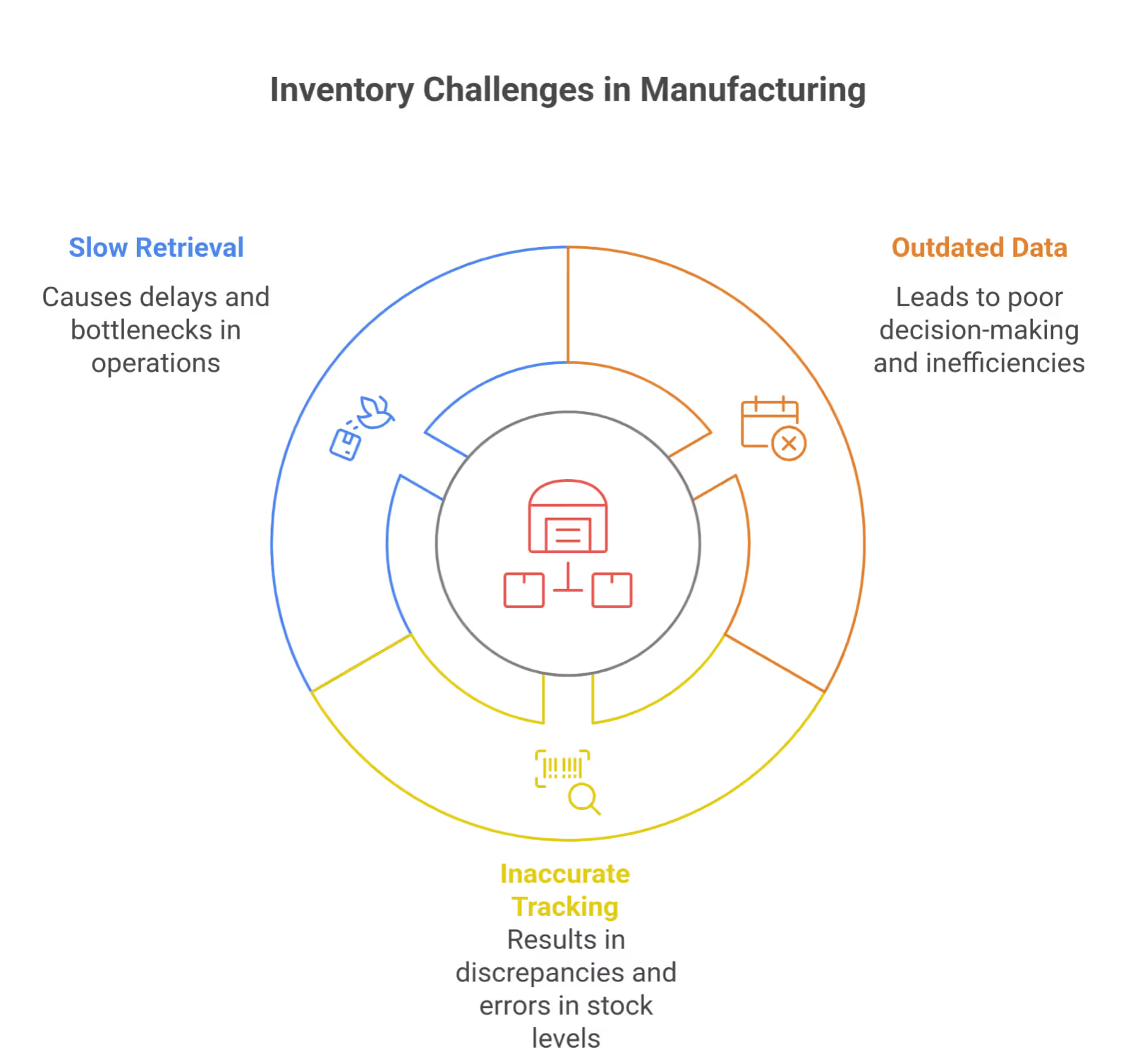
These problems can disrupt production schedules, lead to missed deliveries, and increase operational costs. In highly competitive markets, even minor lapses can translate to significant losses or customer dissatisfaction.
IoT: The Game Changer
IoT introduces a layer of intelligence to inventory management through connected sensors, RFID tags, and gateways. These tools enable:
- Keep tabs on inventory in real time as it moves through the production floor.
- Automated updates and alerts when stock levels dip or items go missing.
- Central control panels offer current data that supports operational planning.
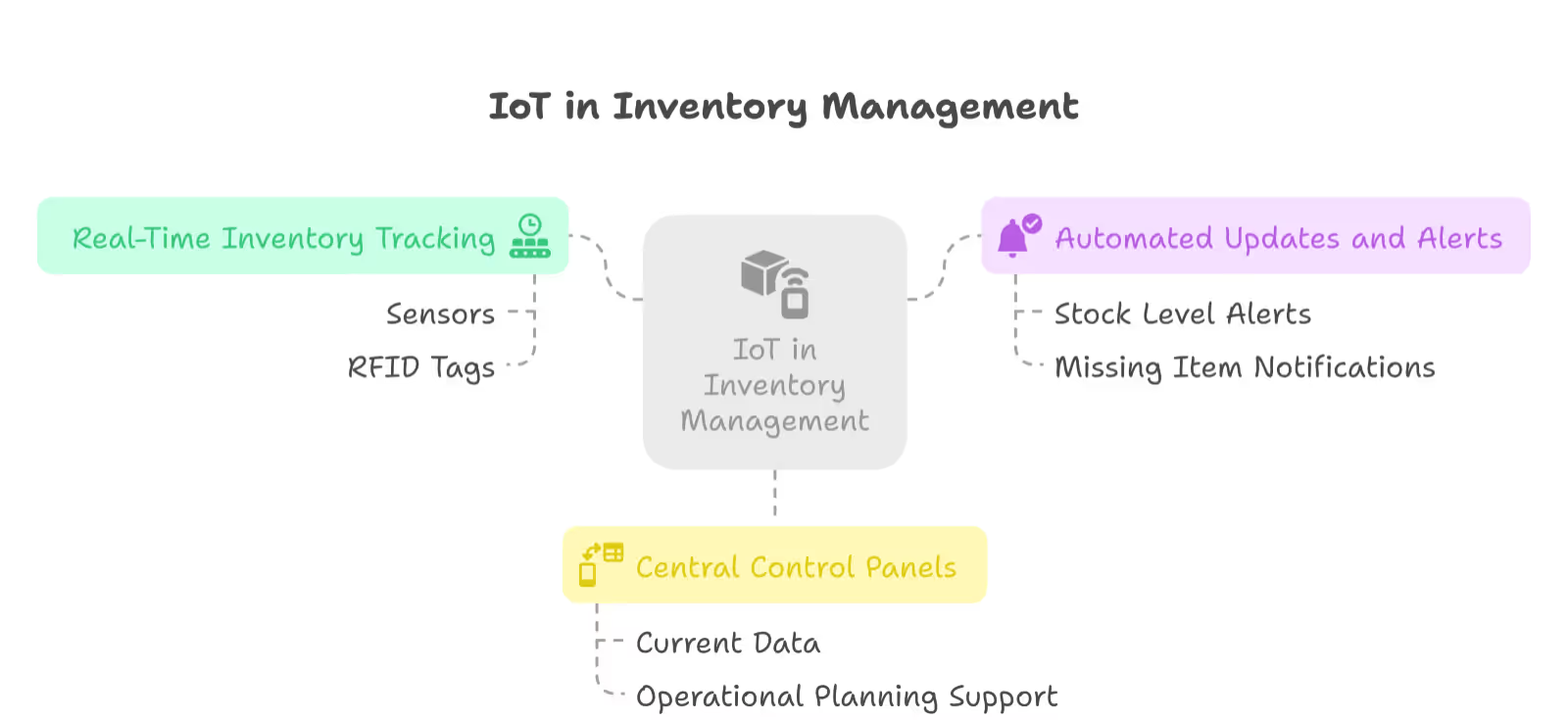
The result? Fewer errors, faster workflows, and improved accuracy—all while reducing the need for constant human intervention. With remote monitoring capabilities, managers can oversee operations from anywhere, ensuring smoother coordination across the supply chain.
Real-Life Case Study: BMW Group’s Smart Inventory Shift
One of the most compelling examples of IoT in action comes from the BMW Group’s design division. They faced a unique challenge: tracking prototype vehicle models efficiently across various warehouses. Their legacy system relied on barcode scanning—a process that was slow, prone to human error, and lacked real-time insights.
Read here
To solve this, BMW piloted INTRANAV Inventory Management, developed by Inpixon. The solution involved:
- Bluetooth Low-Energy (BLE) tags placed on vehicles
- Real-Time Location System (RTLS) sensors installed across facilities
- A central dashboard that provided instant visibility into each vehicle’s location
The results were impressive:
- Manual searches were eliminated, saving hours previously spent locating assets.
- Retrieval time improved dramatically, accelerating prototype testing and logistics.
- Geofence alerts boosted security by notifying managers when vehicles moved outside designated zones.
- Most importantly, the new tech integrated smoothly with BMW’s existing systems, ensuring no disruptions.
This practical use case shows how a well-executed IoT solution can transform manufacturing workflows without requiring a complete system overhaul.
The Low-Code/No-Code Advantage
Another factor accelerating IoT adoption is the rise of low code no code app development in Ahmedabad. These platforms allow manufacturers to create custom dashboards, notifications, and data integrations—without needing large development teams.
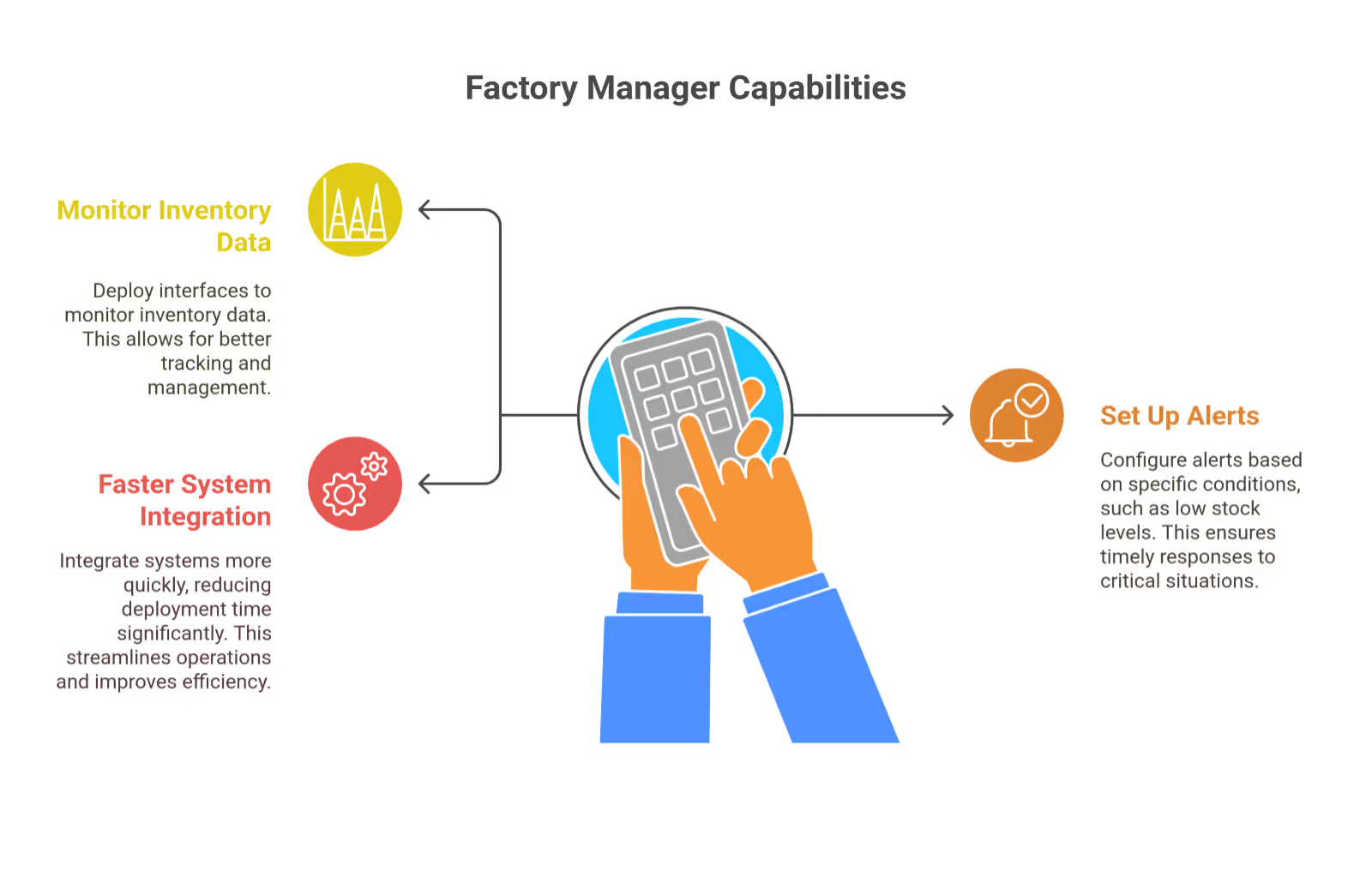
Factory managers can now:
- Deploy tailored interfaces to monitor inventory data
- Set up condition-based alerts (e.g., when stock hits a threshold)
- Integrate systems faster, cutting deployment time by weeks
This approach empowers teams to experiment and innovate with minimal IT dependency, unlocking new levels of agility in operations.
Partner with Experts for Seamless Implementation
Partnering with a dedicated IoT development company in Ahmedabad ensures reliable deployment of sensor networks, real-time dashboards, and secure data flows. With the right guidance, manufacturers can move from outdated methods to a future-ready infrastructure that grows with their needs.
Conclusion
IoT brings clarity, speed, and automation to inventory management in manufacturing. By reducing errors, enabling real-time insights, and simplifying tracking, it helps businesses lower costs and improve efficiency. Case studies like BMW’s prove that smart inventory is not a concept—it's a proven strategy. The result? Better control, smarter decisions, and a competitive edge in the market.
Get Started Today
Want to future-proof your factory operations? Partner with a trusted IoT development company in Ahmedabad like Theta Technolabs to build intelligent inventory systems that fit your business goals.
We also specialize in web application development, mobile app development, and cloud consulting—helping you stay ahead in every aspect of technology.
Contact us at: sales@thetatechnolabs.com
















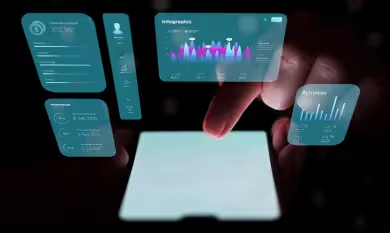

_Computer%20Vision-enabled%20Web%20and%20Mobile%20Interfaces%20for%20Mall%20Management%20in%20Dubai_Q1_In_24.avif)
_Smart%20Solutions%20for%20Healthcare_%20How%20IoT%20Development%20is%20Reshaping%20Dubai%20Hospitals_Q1_In_24.avif)
_Automated%20Checkout%20Systems.avif)
_Smart%20Manufacturing%20in%20Dubai_%20How%20AI%20is%20Driving%20Efficiency%20and%20Innovation_Q1_In_24.avif)

_Understanding%20the%20Impact%20of%20AI%20and%20Machine%20Learning%20on%20Fintech%20Web%20Apps%20in%20Dubai_Q2_24.avif)
_Explore%20the%20Best%20Cross-Platform%20App%20Development%20Frameworks%20of%202024_Q3_24.avif)


_Top%20Benefits%20of%20Cloud%20Computing%20for%20All%20Business%20Sectors_Q2_24.avif)
_Integrating%20IoT%20with%20Mobile%20Apps%20for%20Advanced%20Renewable%20Energy%20Solutions_Q2_24.avif)


_The%20Transformative%20Role%20of%20Open%20Banking%20APIs%20in%20Fintech%20for%202024_Q3_24.avif)
_Choosing%20the%20Right%20Computer%20Vision%20Development%20Partner%20in%20Ahmedabad%20for%20Construction_Q3_24.avif)
_Node.js%20and%20Blockchain_%20A%20Perfect%20Pair%20for%20Fintech%20Innovation%20in%20Dubai_Q3_24.avif)
_How%20AI%20Development%20Companies%20in%20Ahmedabad%20are%20Transforming%20the%20Shopping%20Experience_Q4_25.avif)
_How%20IoT%20Can%20Reduce%20Energy%20Costs%20in%20Smart%20Factories_Q4_25.avif)























.avif)
.avif)
.avif)




















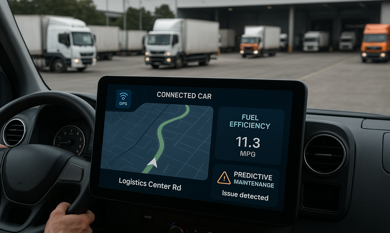
















.png)





.png)
